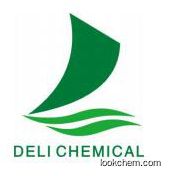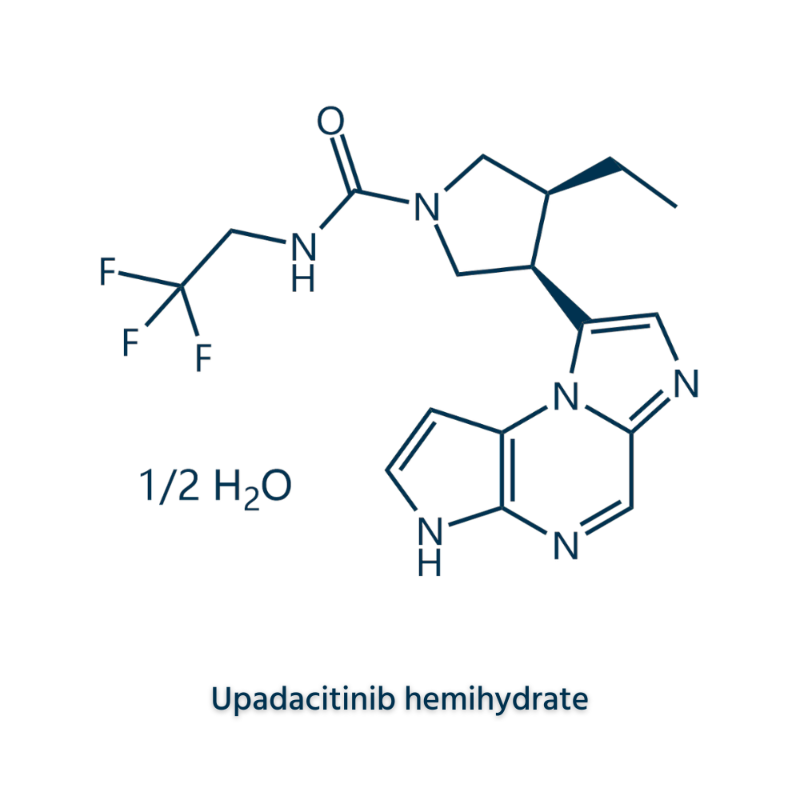-
Categories
-
Pharmaceutical Intermediates
-
Active Pharmaceutical Ingredients
-
Food Additives
- Industrial Coatings
- Agrochemicals
- Dyes and Pigments
- Surfactant
- Flavors and Fragrances
- Chemical Reagents
- Catalyst and Auxiliary
- Natural Products
- Inorganic Chemistry
-
Organic Chemistry
-
Biochemical Engineering
- Analytical Chemistry
-
Cosmetic Ingredient
- Water Treatment Chemical
-
Pharmaceutical Intermediates
Promotion
ECHEMI Mall
Wholesale
Weekly Price
Exhibition
News
-
Trade Service
Given the harmful health effects of excessive sugar intake (eg, weight gain, cardiometabolic disorders, dental caries), the World Health Organization (WHO) recommends limiting sugar intake to less than 10% of daily energy intake
.
However, as the world loves sweetness, the food industry is turning to artificial sweeteners as an alternative to reduce added sugar content and corresponding calories while maintaining sweetness
It is recommended to limit sugar intake to less than 10% of daily energy intake
A previous assessment by health authorities concluded that there was insufficient evidence to suggest a risk of consuming low- and no-calorie sweeteners at established acceptable daily intakes (ADIs)
.
However, conflicting results from recent epidemiological and experimental studies have reignited debate over the safety of these additives
A previous assessment by health authorities concluded that there was insufficient evidence to suggest a risk of consuming low- and no-calorie sweeteners at established acceptable daily intakes (ADIs)
In the large population-based NutriNet-Santé cohort, the intake of artificial sweeteners (total and most frequently consumed) and Relationship between cancer risk (total intake and most frequent cancer sites)
This study included 102,865 adults (median follow-up = 7.
8 years) from the French population cohort NutriNet-Santé (2009-2021)
.
Dietary intake and consumption of sweeteners were obtained from 24-hour repeated dietary records (including brand names of industrial products)
This study included 102,865 adults (median follow-up = 7.
The main artificial sweetener was aspartame, accounting for 58% of intake, followed by acesulfame-k (29%) and sucralose (10%) (Figure 2)
.
The three sweeteners were consumed by 28%, 34% and 14% of the study population, respectively
The main artificial sweetener was aspartame, accounting for 58% of intake, followed by acesulfame-k (29%) and sucralose (10%) (Figure 2)
During follow-up (708,905 person-years, median follow-up time = 7.
7 years, interquartile range = 4.
7-9.
4 years), 3,358 new cancer cases (982 breast cancer, 403 prostate cancer and 2,023 obesity) were diagnosed associated cancer)
.
The mean age at diagnosis was 59.
Artificial sweetener intake was positively associated with overall cancer risk ( HR = 1.
13 [95% CI 1.
03 to 1.
25] for higher consumers vs.
non-consumers , P for trend = 0.
002) ( Table 2 )
.
In particular, cancer risks were observed for aspartame (HR = 1.
15 [95% CI 1.
03 to 1.
28], P = 0.
002) and acesulfame (HR = 1.
13 [95% CI 1.
01 to 1.
26], P = 0.
007) higher
.
Breast cancer (HR = 1.
22 [95% CI 1.
01 to 1.
48], P = 0.
036 for aspartame ) and obesity-related cancers (HR = 1.
13 [95% CI 1.
00 to 1.
28], P = 0.
036 for artificial sweeteners ) were observed Total flavor , HR = 1.
15 [95% CI 1.
01 to 1.
32], P = 0.
026, aspartame ) increased risk
.
Artificial sweetener intake was positively associated with overall cancer risk HR = 1.
13 P Table 2 Higher cancer risk for aspartame (HR = 1.
15 P = and acesulfame K (HR = 1.
13 P = breast cancer ( HR = 1.
22 P = aspartame obesity-related cancer (HR = 1.
13 P = total artificial sweetener 1.
15 P aspartame
Heterogeneity testing showed that artificial sweeteners, aspartame, and acesulfame potassium did not differ between premenopausal and postmenopausal models ( P for heterogeneity, 0.
440, 0.
332, and 0.
539, respectively)
.
The heterogeneity P for sucralose was 0.
015, but for this food additive, the association with cancer risk was not significant in both strata, with a low number of consumers in each stratum
.
No association with prostate cancer was found (Table 2)
.
.
No association was found with prostate cancer (Table 2)
Taken together, consumers of total artificial sweeteners had a 13% higher overall cancer risk compared with non-consumers, and in particular, aspartame and acesulfame -K were associated with a 15% and 13% higher cancer risk , respectively
.
Among them, aspartame was associated with a 22% increased risk of breast cancer, and obesity-related cancers were associated with a 13% and 15% increased risk due to total artificial sweeteners and aspartame, respectively
.
.
Among them, aspartame was associated with a 22% increased risk of breast cancer, and obesity-related cancers were associated with a 13% and 15% increased risk due to total artificial sweeteners and aspartame, respectively
.
This large population-based cohort study demonstrated a link between artificial sweeteners, particularly aspartame and acesulfame-K, and cancer risk, particularly those associated with breast cancer and obesity
.
These results need to be replicated in other large-scale cohorts and experimental studies to elucidate the underlying mechanisms
.
Artificial sweeteners are found in many food and beverage brands around the world and are consumed by millions of citizens and patients every day .
The findings of this study do not support the use of artificial sweeteners in food or beverages as a safe alternative to sugar and provide important and novel information to resolve the debate about their potential adverse health effects
.
These results are particularly important in the context of the ongoing in-depth re-evaluation of artificial sweeteners by the European Food Safety Authority and other agencies around the world
.
.
These results need to be replicated in other large-scale cohorts and experimental studies to elucidate the underlying mechanisms
.
Artificial sweeteners are found in many food and beverage brands around the world and are consumed by millions of citizens and patients every day .
The findings of this study do not support the use of artificial sweeteners in food or beverages as a safe alternative to sugar and provide important and novel information to resolve the debate about their potential adverse health effects
.
These results are particularly important in the context of the ongoing in-depth re-evaluation of artificial sweeteners by the European Food Safety Authority and other agencies around the world
.
This large population-based cohort study demonstrated a link between artificial sweeteners, particularly aspartame and acesulfame-K, and cancer risk, particularly those associated with breast cancer and obesity
.
These results need to be replicated in other large-scale cohorts and experimental studies to elucidate the underlying mechanisms
.
Especially cancers associated with breast cancer and obesity
.
These results need to be replicated in other large-scale cohorts and experimental studies to elucidate the underlying mechanisms
.
Artificial sweeteners are found in many food and beverage brands around the world and are consumed by millions of citizens and patients every day .
Consumption The results of this study do not support the use of artificial sweeteners in food or beverages as a safe substitute for sugar and provide important and novel information to resolve debates about their potential adverse health effects
.
Does not support the use of artificial sweeteners in food or beverages as a safe substitute for sugar, and provides important and novel information to resolve disputes about their potential adverse health effects
.
These results are particularly important in the context of the ongoing in-depth re-evaluation of artificial sweeteners by the European Food Safety Authority and other agencies around the world
.
Original source:
Debras C, Chazelas E, Srour B, et al.
Artificial sweeteners and cancer risk: Results from the NutriNet-Santé population-based cohort study.
PLoS Med .
2022;19(3):e1003950.
Published 2022 Mar 24.
doi:10.
1371 /journal.
pmed.
1003950.
Artificial sweeteners and cancer risk: Results from the NutriNet-Santé population-based cohort study.
PLoS Med .
2022;19(3):e1003950.
Published 2022 Mar 24.
doi:10.
1371 /journal.
pmed.
1003950.
Leave a message here







